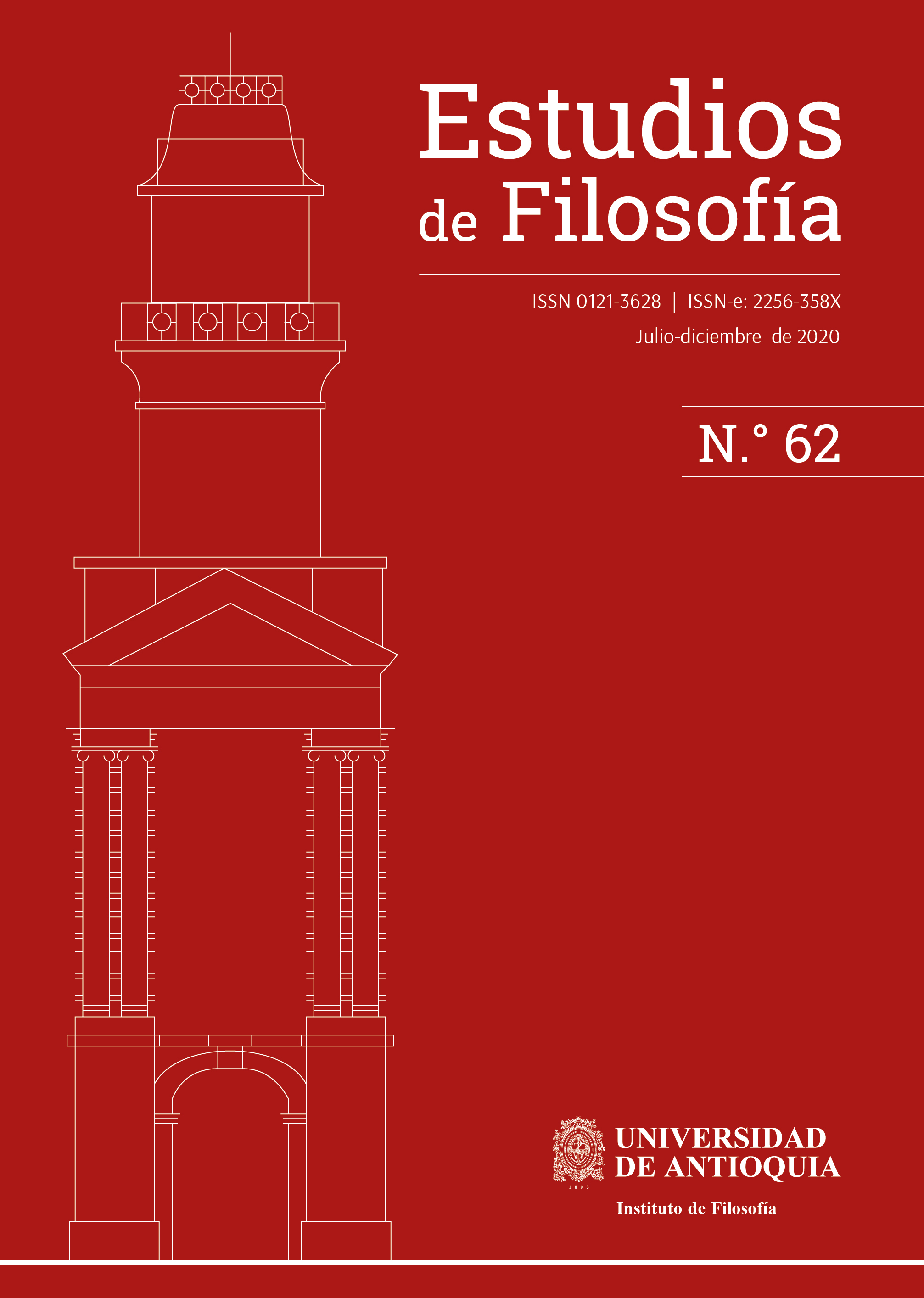Foreword: Marx and the radical criticism
DOI:
https://doi.org/10.17533/udea.ef.n62a01Keywords:
Karl Marx, teoría crítica, Estudios de Filosofía, presentaciónAbstract
Among the many attempts to invalidate the thought of Karl Marx, perhaps the most effective in theoretical terms has been precisely to give the thinker his place in the history of ideas: it is said that he is an important critic of the market economy, whose reasoning was mostly applicable to 19th-century capitalism. But, in the face of the transformations and economic, political and, ultimately, human advances of contemporary capitalism, its concepts and reflections became obsolete for the present. In response to this attitude, numerous theorists have demonstrated that as long as the contradiction between wage labor and capital—a nodal point of Marx's economic analysis—continues to be at the basis of the system of social production, the critique of the critique of Marxist political economy will continue being actual. Regardless of whether the worker looks like the 19th-century proletarian, the 20th-century office worker, or the
freelancer of the 21st century.
Downloads
References
Marx, K. & Engels, F. (2008). El manifiesto comunista (M. Vedda, Trad.). Buenos Aires: Herramienta.
Marx, K. (1982). Cartas cruzadas en 1843 (Carta de septiembre de 1843 a Arnold Ruge), en Escritos de Juventud (W. Roces, Trad.) (pp. 441 a 460). México: Fondo de Cultura Económica.
Marx, K. (2005). El capital. Crítica de la economía política (P. Scaron, Trad.). Siglo XXI: Buenos Aires.
Marx, K. (2008). Contribución a la crítica de la filosofía del derecho de Hegel. Introducción. En Escritos de juventud sobre el derecho. Textos 1837-1847 (R. Jaramillo Vélez, Trad.) (pp. 94-109). Barcelona: Anthropos.
Published
How to Cite
Issue
Section
Categories
License
Copyright (c) 2020 Juan David Gómez Osorio

This work is licensed under a Creative Commons Attribution-NonCommercial-ShareAlike 4.0 International License.
Authors who publish with this journal agree to the following terms:
1. The Author retains copyright in the Work, where the term "Work" shall include all digital objects that may result in subsequent electronic publication or distribution.
2. Upon acceptance of the Work, the author shall grant to the Publisher the right of first publication of the Work.
3. The Author shall grant to the Publisher a nonexclusive perpetual right and license to publish, archive, and make accessible the Work in whole or in part in all forms of media now or hereafter known under a Creative Commons Attribution-NoCommercia-ShareAlike (CC BY-NC-SA 4.0), or its equivalent, which, for the avoidance of doubt, allows others to copy, distribute, and transmit the Work under the following conditions: (a) Attribution: Other users must attribute the Work in the manner specified by the author as indicated on the journal Web site;(b) Noncommercial: Other users (including Publisher) may not use this Work for commercial purposes;
4. The Author is able to enter into separate, additional contractual arrangements for the nonexclusive distribution of the journal's published version of the Work (e.g., post it to an institutional repository or publish it in a book), as long as there is provided in the document an acknowledgement of its initial publication in this journal;
5. Authors are permitted, and Estudios de Filosofía promotes, to post online the preprint manuscript of the Work in institutional repositories or on their Websites prior to and during the submission process, as it can lead to productive exchanges, as well as earlier and greater citation of published work (see The Effect of Open Access). Any such posting made before acceptance and publication of the Work is expected be updated upon publication to include a reference to the Estudios de Filosofía's assigned URL to the Article and its final published version in Estudios de Filosofía.















